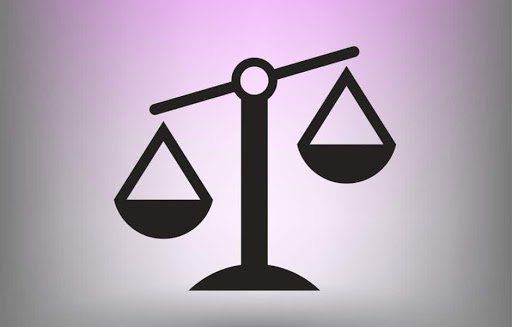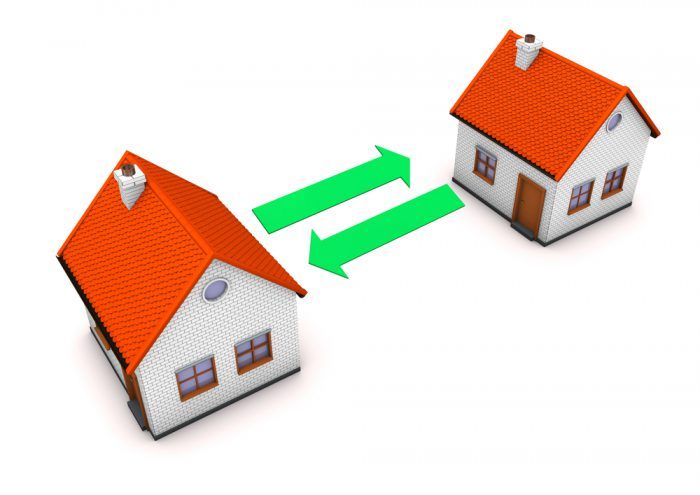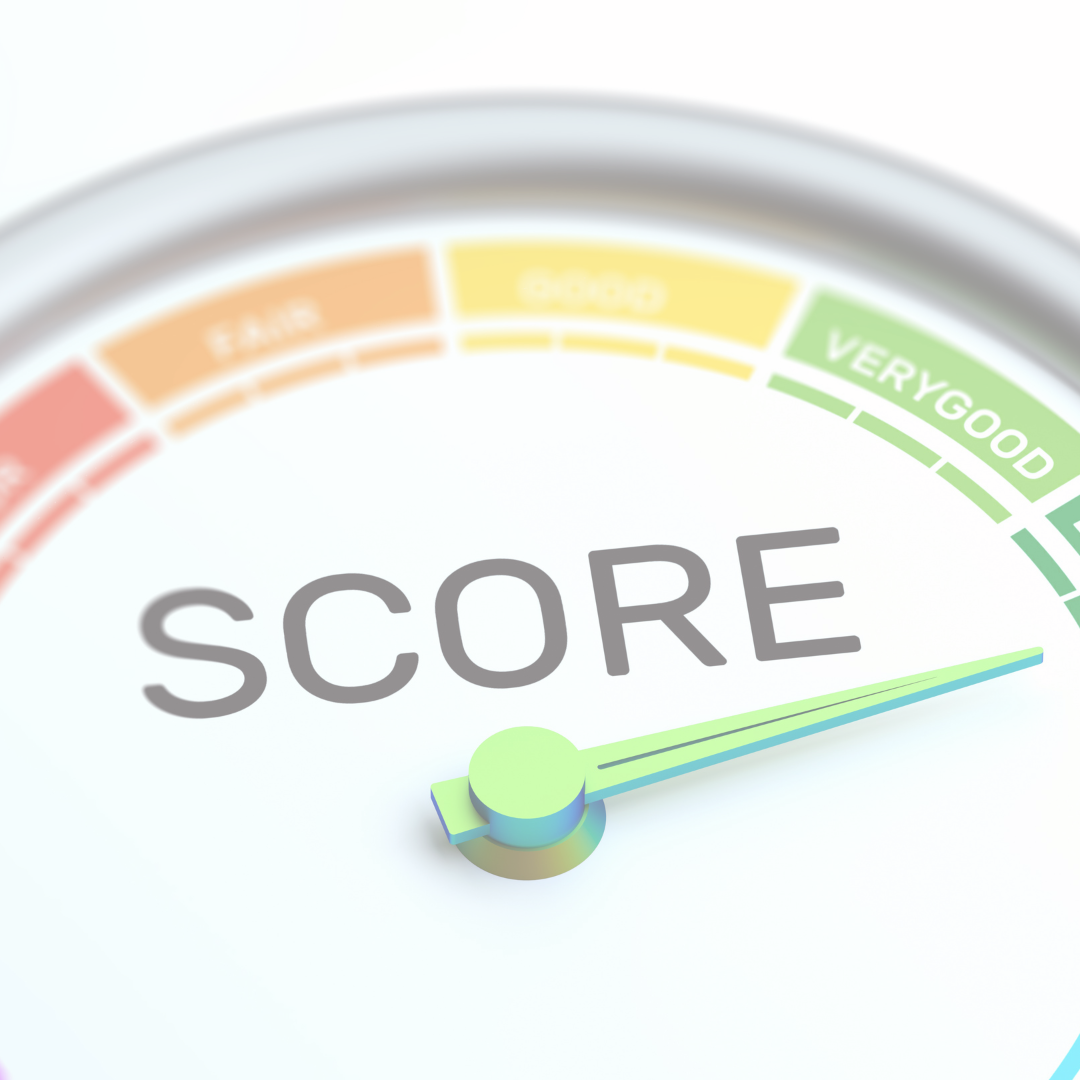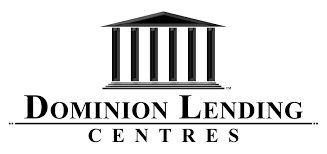Purchase
Robinson Mortgage Articles
Got questions about mortgages or buying a home? Have a look through our articles to find what you need, or reach out if you need further help.

By Matthew Robinson
•
July 17, 2020
When looking for a mortgage, there are many factors that come into play. The first and most obvious is interest rate. In theory, finding the best interest rate should save you the most amount of money but that’s not always the case. Your ultimate goal should be to pay the least amount of interest during your term and understanding the small print will help you achieve that. Here are 5 things you should know about your mortgage 1. What is my penalty? The inevitable mortgage penalty comes into play if you decide to break your mortgage for various reasons - refinance, sale, etc. Penalties are calculated differently from lender to lender and fixed vs. variable. The range of penalty can be .75% to 6% or even 7% of your mortgage balance. If your mortgage balance is 400k, that would mean your range is $3,000 to $28,000. To be honest, the lenders are banking (pun intended) on you breaking your mortgage as 60% of Canadians do in the first 3 years. It’s my job to make sure when you do, you pay the least amount of interest. 2. Is my mortgage portable? This means, if you buy another home, it might make sense to take your current mortgage and interest rate with you instead of paying the penalty. Most lenders allow this, but some mortgage products don’t. It is essential to know if you can take your mortgage with you for the life of your term so you’re not surprised down the road. 3. What is the small print in my mortgage? Some no-frills mortgage products offer a lower interest rate but come with some small print. A bona-fide sales clause is one, this means you can’t break your mortgage unless you sell your property. Another one is a fixed penalty percentage, meaning you might pay 3% of your mortgage principal to break even a variable rate mortgage. These are just a couple of the things you need to be aware of. 4. What are my prepayment privileges? The majority of mortgages come with prepayment privileges. This is the ability to increase your monthly payment and/or make a lump sum payment - both will put the funds directly towards your principle which means you’re paying off your mortgage quicker. Some lenders allow you to prepay up to 25% of your original mortgage amount at any time during the year. Other lenders allow you to pre-pay up to 10% but only on the anniversary date of your contract. If you anticipate using your prepayment privileges then it would be wise to align yourself with the more flexible lender. 5. Do I have a standard or collateral charge mortgage? It’s important to know this because, at renewal time, there is typically no cost to switch lenders - aka...you are a free agent. But if your mortgage is registered as a collateral charge, you could incur costs of $1,000 to $1,200 to leave your lender. Your current lender knows you have to pay those costs so the renewal rate might not be as low as you expected. Knowing the answers to these questions will only better prepare you and at the end of the day...save you money.

By Matt Robinson
•
June 3, 2020
As a team of DLC mortgage professionals, we're ready to help you move forward. We'll let you know for certain what you can afford based on lender and insurer criteria, and what your payments on a specific mortgage will be.
We can lock-in an interest rate for you for anywhere from 60 – 120 days while you shop for your perfect home. By locking in an interest rate, you are guaranteed to get a mortgage for at least that rate or better. If interest rates drop, your locked-in rate will drop as well. However, if the interest rates go up, your locked-in interest rate will not, ensuring you get the best rate throughout the mortgage pre-approval process.
Explore
Get mortgage advice delivered to your inbox.
You need a helping hand with your project?
Thank you for contacting us.
We will get back to you as soon as possible
We will get back to you as soon as possible
Oops, there was an error sending your message.
Please try again later
Please try again later
© 2025
All Rights Reserved | Dominion Lending Centres - A Better Way




